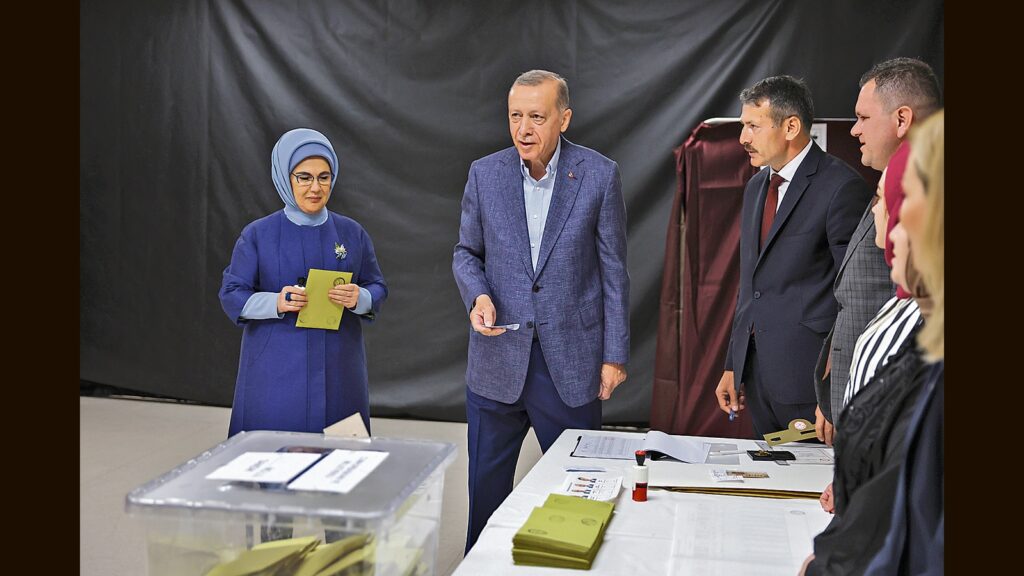When roughly 62 million people in Turkey walk to polling stations on Sunday, they will be voting in an unprecedented election. For the first time in two decades, the presidential elections pose a stiff challenge to president Recep Tayyip Erdogan, who is facing a serious erosion in popularity and electoral appeal despite a string of changes in the country’s political system that Opposition parties have decried as authoritarian.The reasons for Mr Erdogan’s problems are not difficult to fathom – the country is convulsed by a serious economic crisis that has sent inflation skyrocketing and crimped incomes and purchasing powers, slashed jobs even as the government has doubled down on measures seen by analysts as undemocratic. The elections also come months after a devastating earthquake in February killed 50,000 people and displaced nearly six million in southern Turkey and Syria. The administration has been saddled with mounting allegations of ineptitude and corruption in relief efforts, sparking anger across the country.
To be sure, none of this means that Mr Erdogan is definitely on his way out. He has tightened his grip on the country’s levers of power even as the prosperity of his first decade of rule has dulled and people have been left in relative economic hardship. He has sought to assuage this discontent with messages of bluster and international strongmanship, telling the country that only he can take on the world. His main rival, Opposition candidate Kemal Kilicdaroglu, the leader of the Republican People’s Party (CHP) and presidential nominee for a six-party coalition, is considered a mild-mannered man who has managed to put together a strong campaign due to his grassroots appeal and narrative of economic revival.
Though economic ties between India and Turkey have traditionally flourished, the relationship was roiled by Mr Erdogan’s statements in recent years on Kashmir, especially in the aftermath of the revocation of Article 370. Last year, however, saw him meet Prime Minister Narendra Modi on the sidelines of the Shanghai Cooperation Organisation summit in Uzbekistan. India too sent aid after the earthquake. Turkey’s geostrategic position and its importance as the link between Europe and Asia means that the world will watch the results keenly. So will New Delhi.

